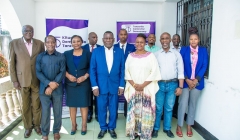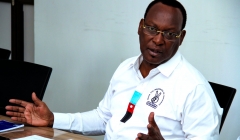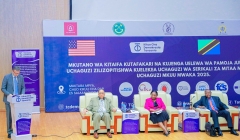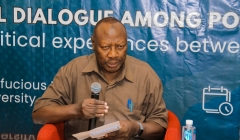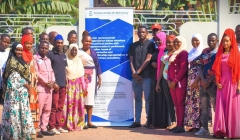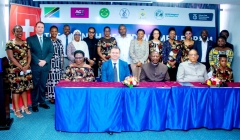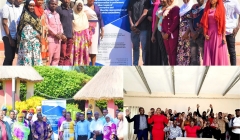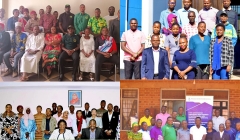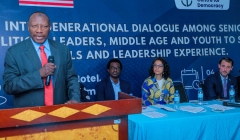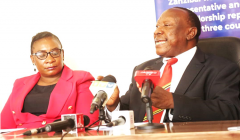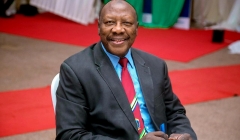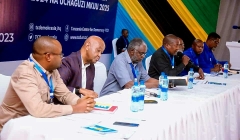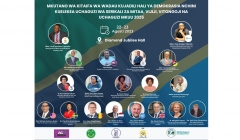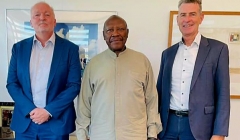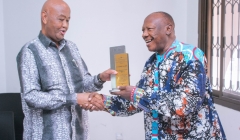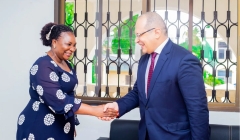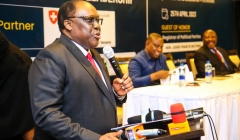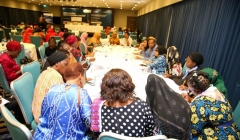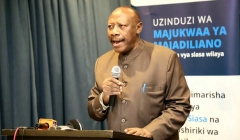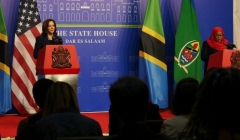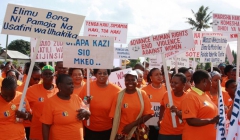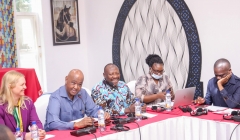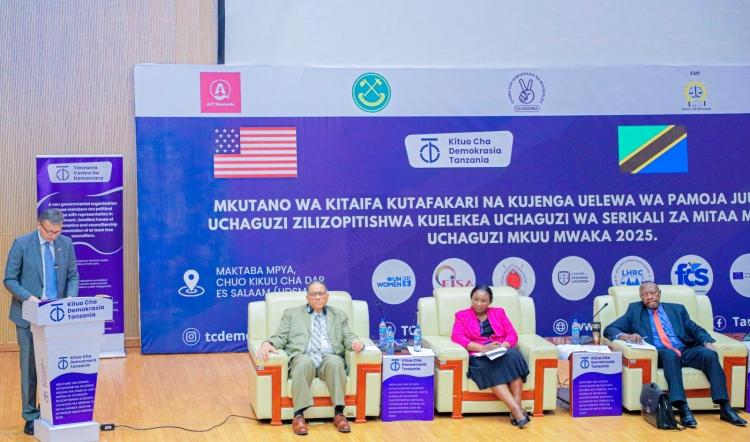
On May 8-9, 2024, the Tanzania Centre for Democracy (TCD) hosted a pivotal two-day National Stakeholders Conference at the University of Dar es Salaam’s New Library Conference Room. The conference aimed to foster a shared understanding of the newly signed electoral laws in preparation for the 2024 local government elections and the 2025 general elections.
The conference concluded with key resolutions emphasizing the necessity for minor amendments to the 1977 Constitution to ensure the newly signed electoral laws effectively support free and fair elections. Stakeholders called for the transfer of local government election oversight from the Ministry of State, Presidents Office, Regional Administration, and Local Government (TAMISEMI) to an Independent Electoral Commission. To facilitate this, the government was urged to promptly introduce a bill in parliament for managing local government elections.
Participants included representatives from political parties, civil society organizations, diplomats, and journalists. Discussions focused on the Presidential, Parliamentary, and Councillor Election Act No. 1 of 2024, the Independent National Electoral Commission Act No. 2 of 2024, the Political Parties Amendment Act No. 3 of 2024, and the Miscellaneous Amendments Act No. 4 of 2024. Baruani Mshale, Director of Training from Twaweza, presented the conferences resolutions, highlighting the need for constitutional amendments to accommodate the electoral laws. Mshale stressed that without these amendments, many recommendations could not be implemented due to conflicts with existing constitutional provisions.
A major point of contention was the management of local government elections. Section 10(1)(c) of the law establishing the Independent National Electoral Commission stipulates that the commission can oversee such elections, but specific legislation is required. With only four months until the elections, parliament has yet to enact this law, meaning TAMISEMI will likely oversee the elections according to current regulations.
The conference also resolved that the voter register should be updated or rewritten to address reported issues and ensure its reliability for future elections. Participants advocated for the use of technology to enhance transparency and efficiency in elections, as mentioned in section 166 of the Presidential, Parliamentary, and Councillor Election Act. They suggested technology could reduce deficiencies and costs by facilitating voting processes, document storage, and voter registration updates.
Voter education was another critical issue, with stakeholders arguing that the current legal frameworks undermine educational efforts, leading to public confusion and fear regarding civic and voting matters. Emphasizing President Samia Suluhu’s 4R philosophy—reconciliation, resilience, reforms, and nation-building—participants urged all political parties to adopt this approach for true democracy.
TCD Chairman Professor Ibrahim Lipumba praised the conference for its successful exchange of ideas and assured that the resolutions would be communicated to the relevant authorities. He underscored the importance of collective action in implementing positive changes.
The conference also saw heated debates, particularly around the role of the ruling party, CCM, in the electoral process. Chadema Chairman Freeman Mbowe criticized CCM for benefiting from systemic flaws, while CUF Vice Chairman Maftah Nachuma recounted past election issues. CCM representatives, including Professor Palamagamba Kabudi, defended the party’s efforts, emphasizing that electoral reforms are an ongoing process.
Youth voices added to the dynamic discussions, with Chadema Youth Councils Twaha Mwaipaya urging alternative approaches to achieving political change, a sentiment echoed by Bishop Emmaus Mwamakula, who highlighted the frustrations of young people.
Former Mtwara Rural MP Hawa Ghasias suggestion to focus on specific legal clauses during debates sparked further controversy, with participants like former Rombo MP Joseph Selasini and Susan Kiwanga, a Chadema Central Committee member, insisting on broader discussions to ensure comprehensive records for future generations. In a lighter moment, Ghasia humorously referred to Kiwanga as her "co-wife," advising participants to move past the grievances of 2020 and prepare for the 2025 elections.
This comprehensive conference marked a significant step towards ensuring that Tanzanias upcoming elections are conducted in a free, fair, and democratic manner, with the necessary legal and constitutional frameworks in place. US Ambassador to Tanzania Michael Battle, in his address, emphasized the importance of democracy for civic and economic progress and praised the efforts of the Tanzania Center for Democracy and all participants for their commitment to political dialogue and reform.
The conference reinforced the essential role of democratic principles in national development and set the stage for continued progress towards transparent and accountable governance in Tanzania.

